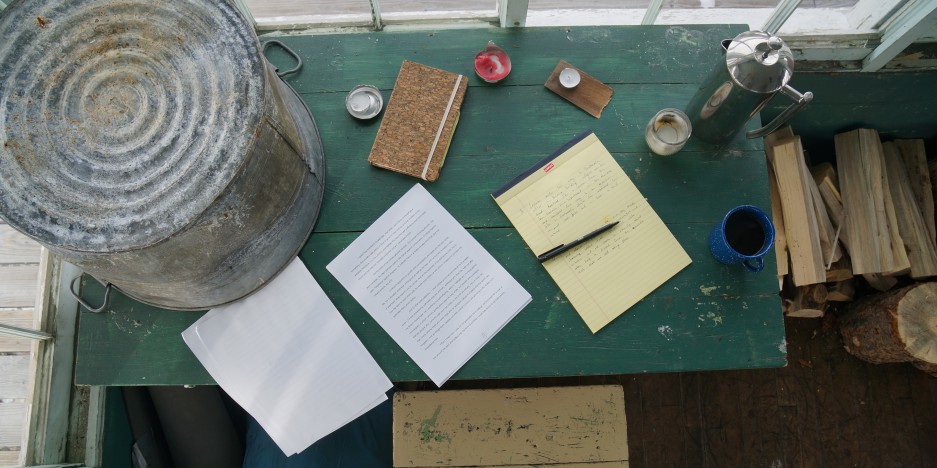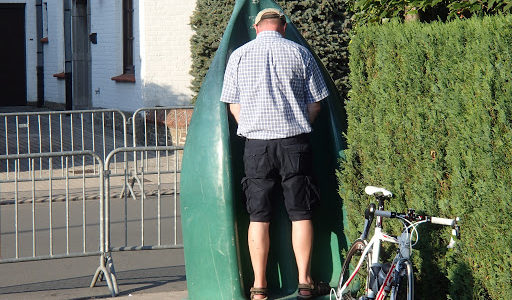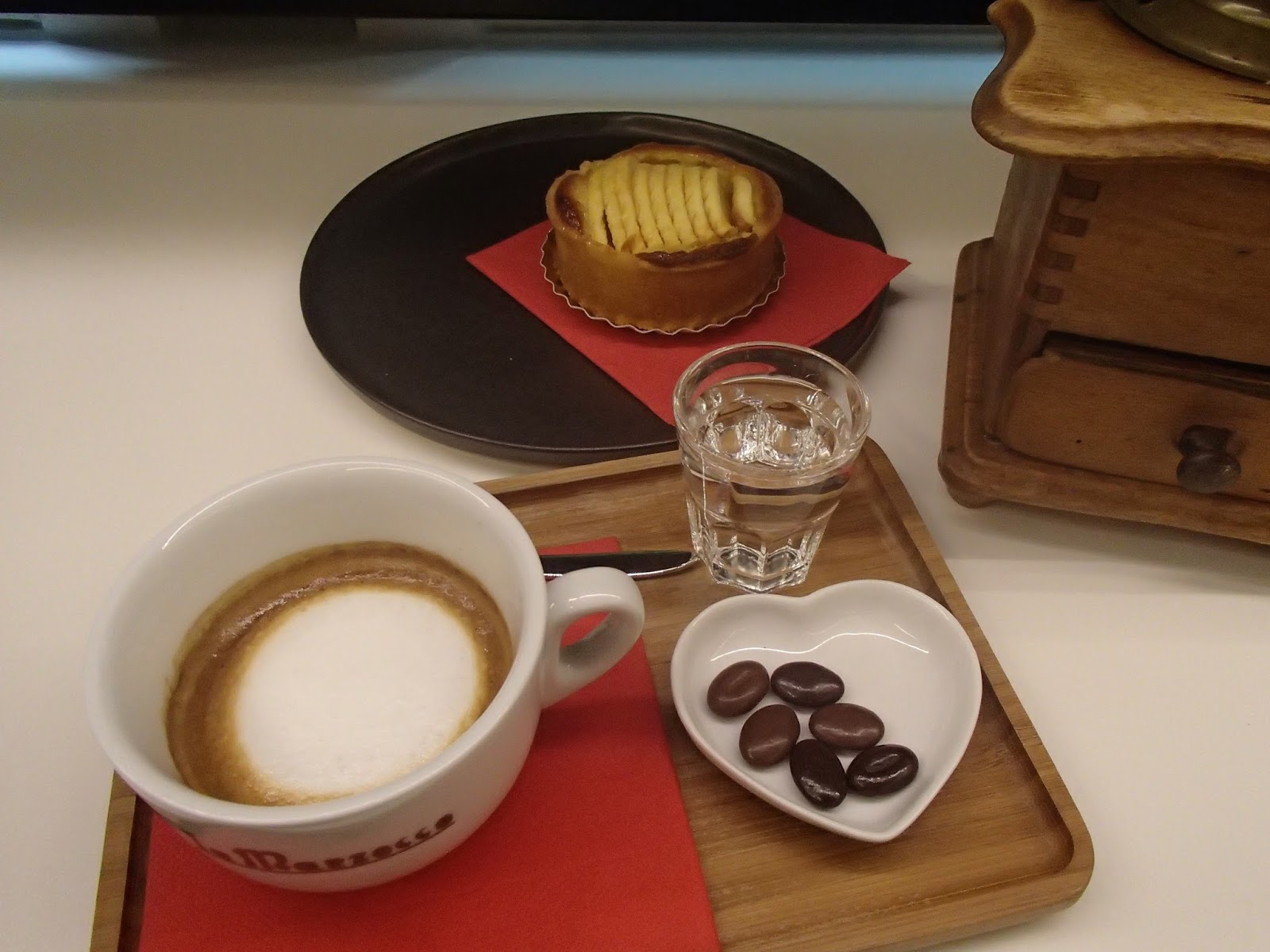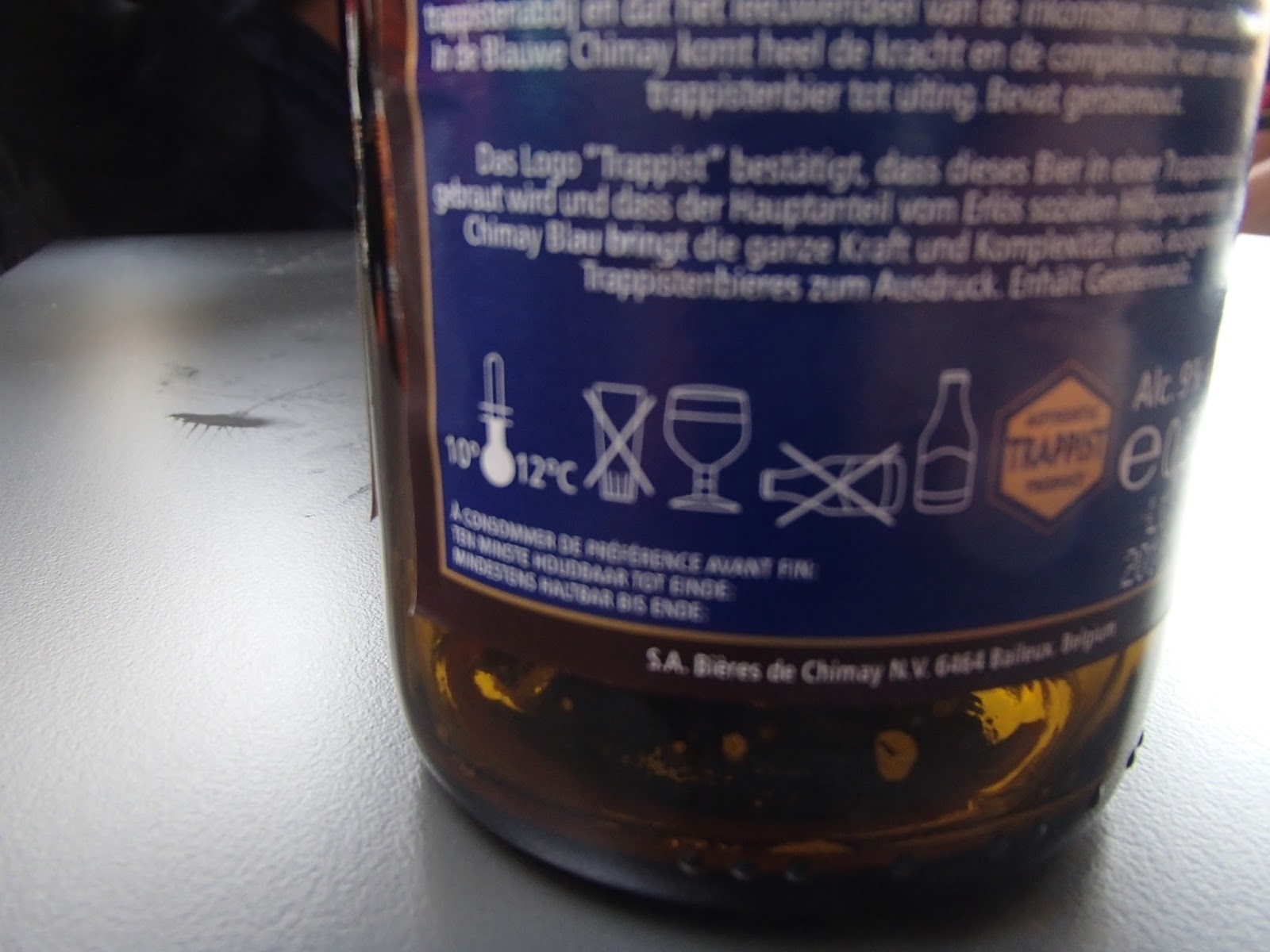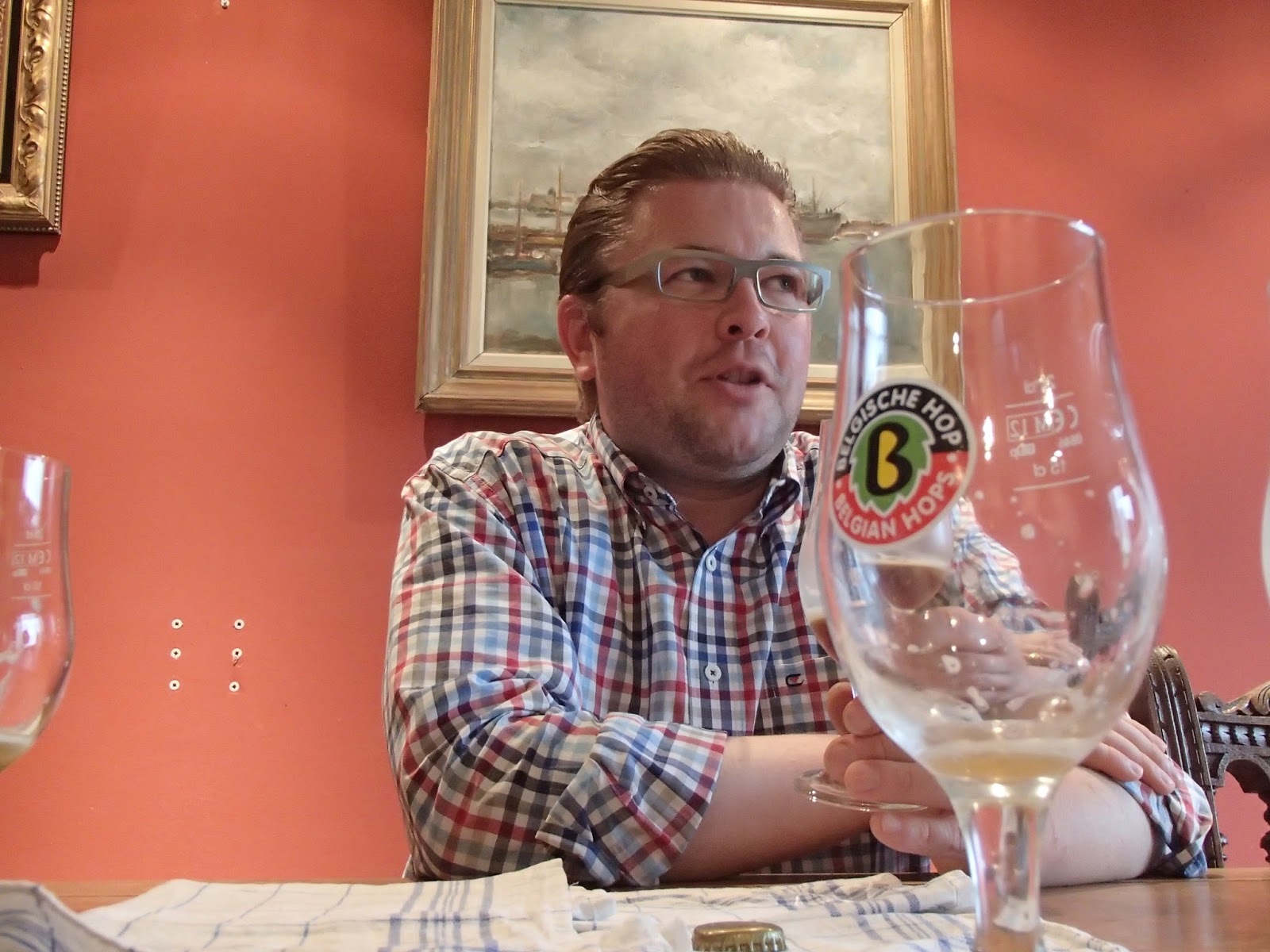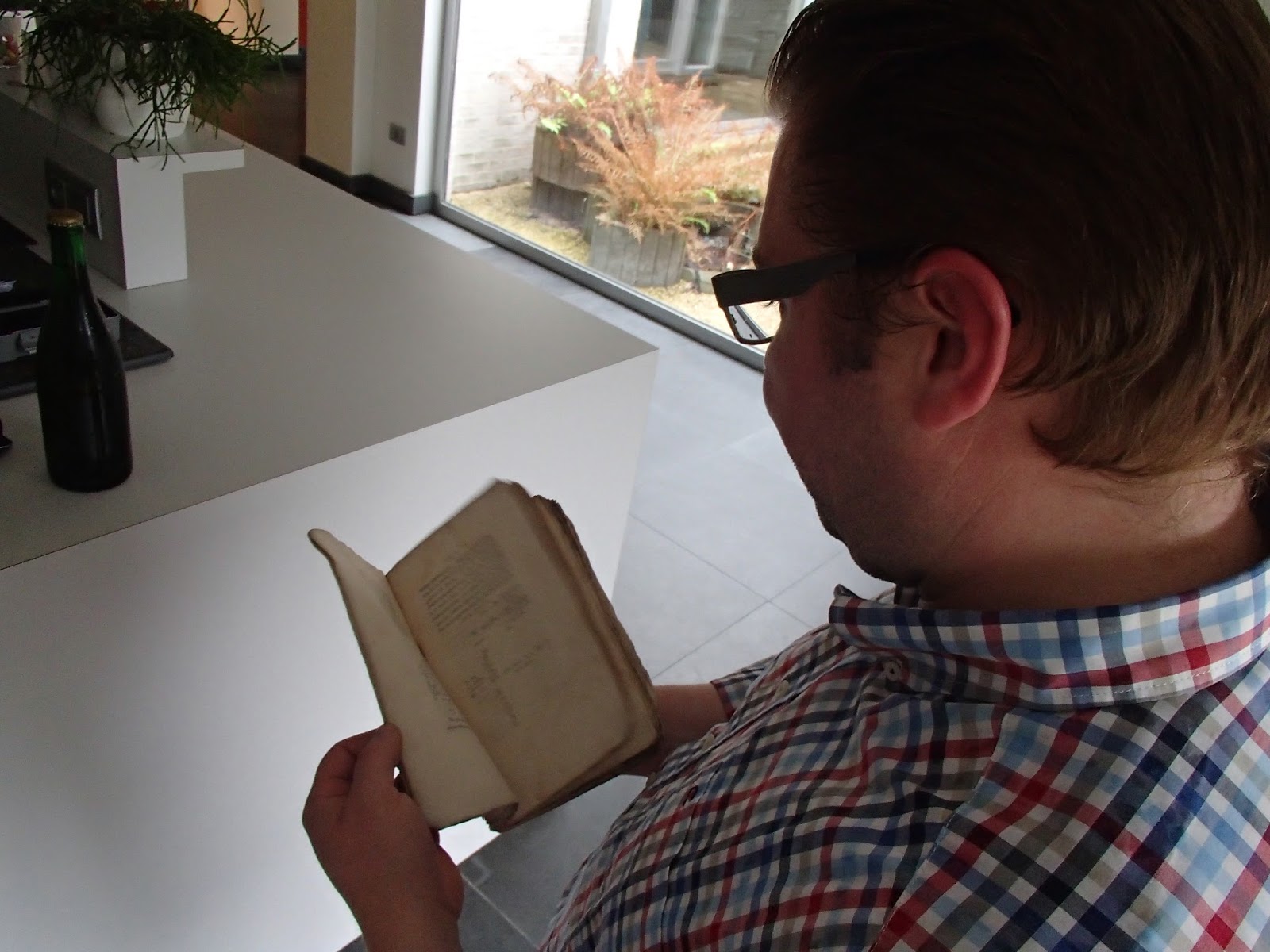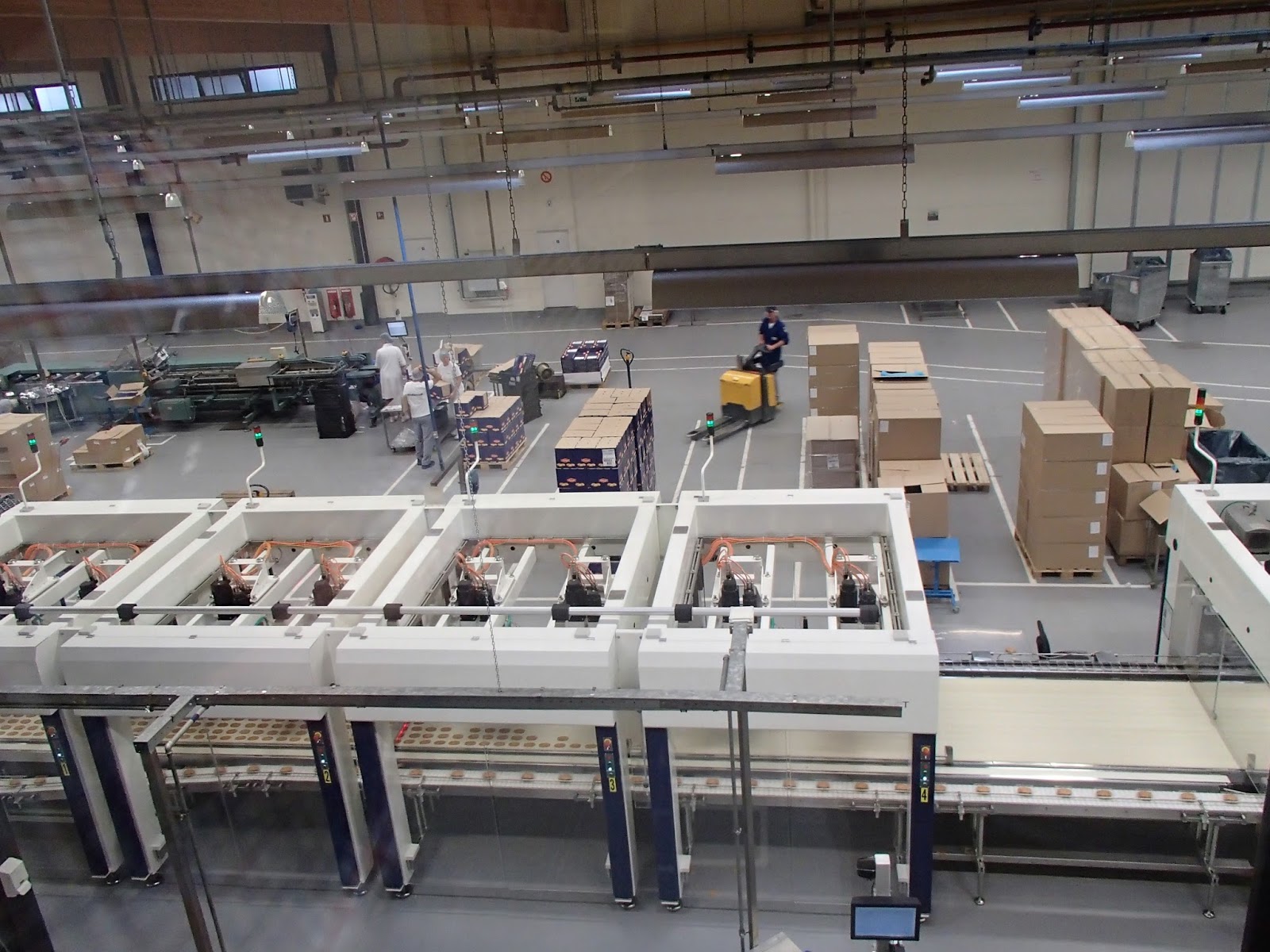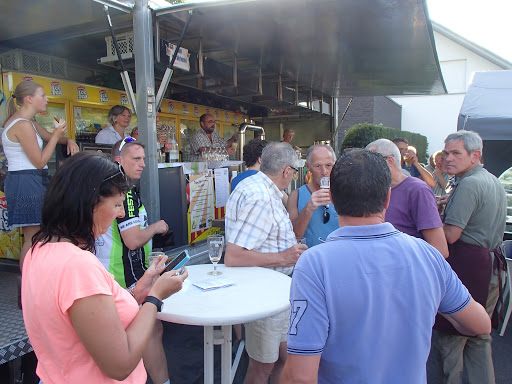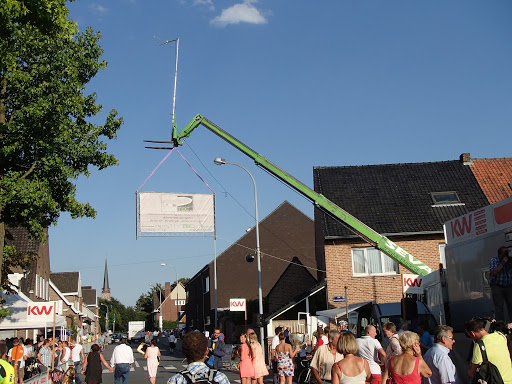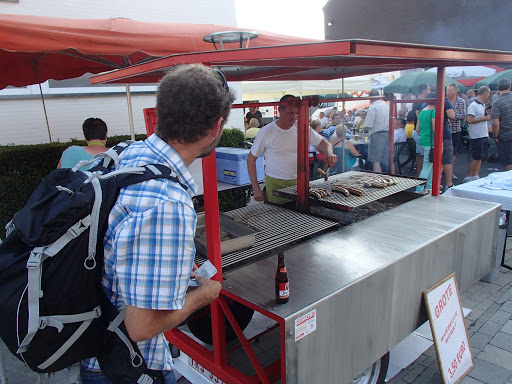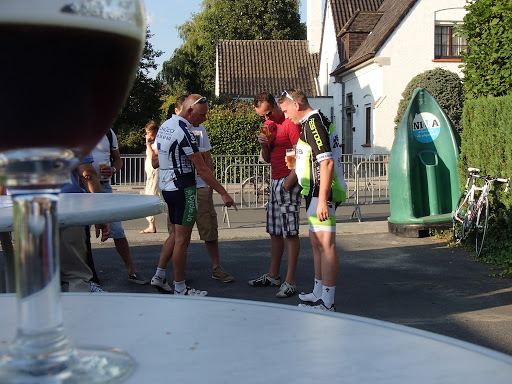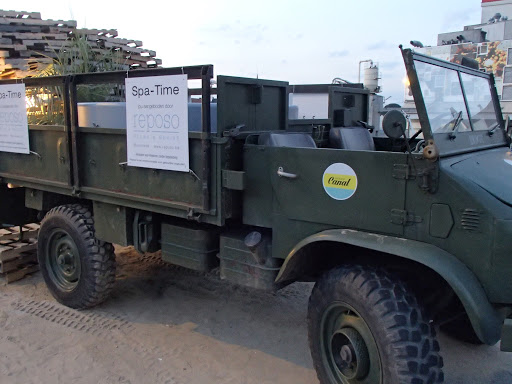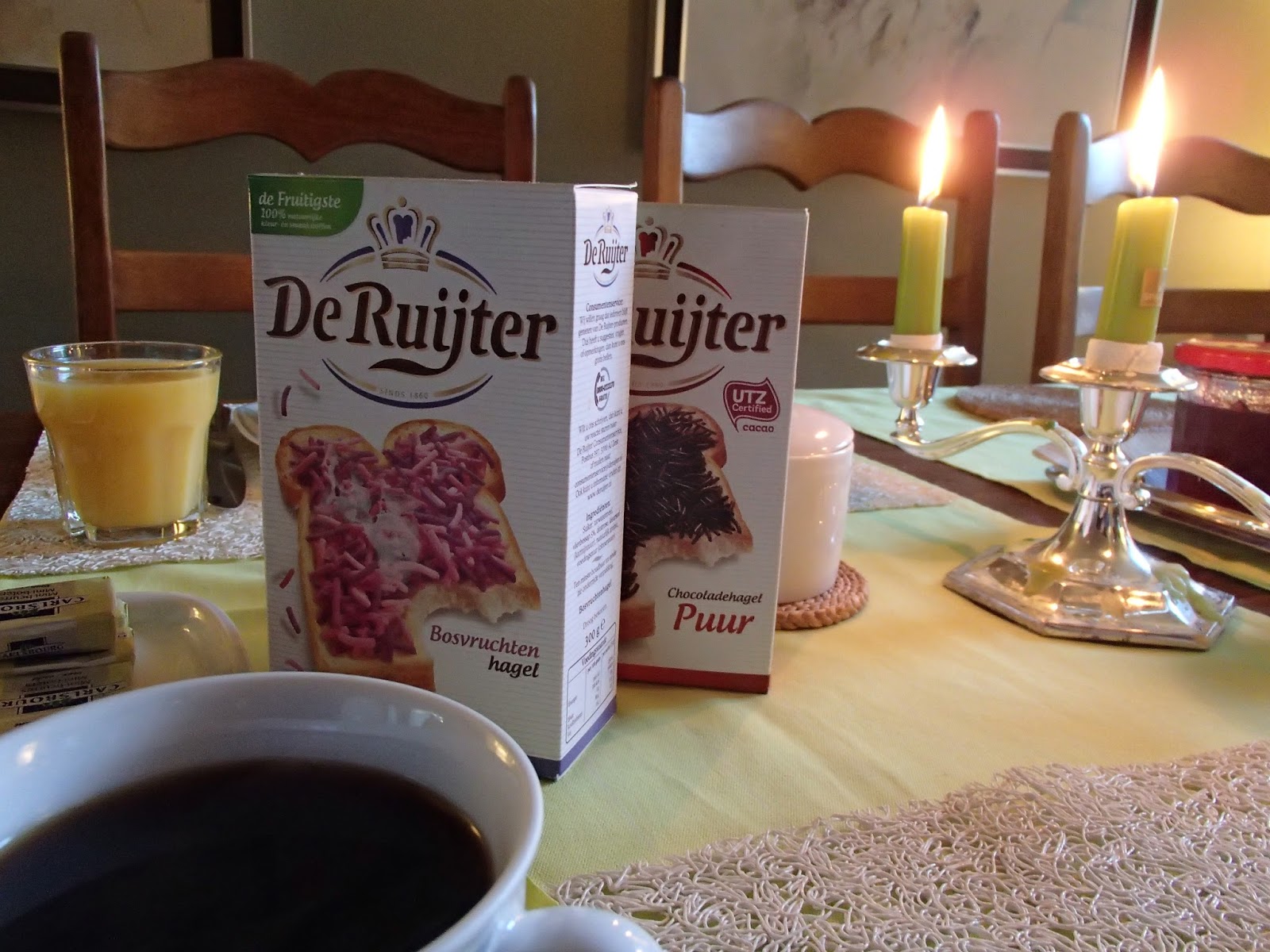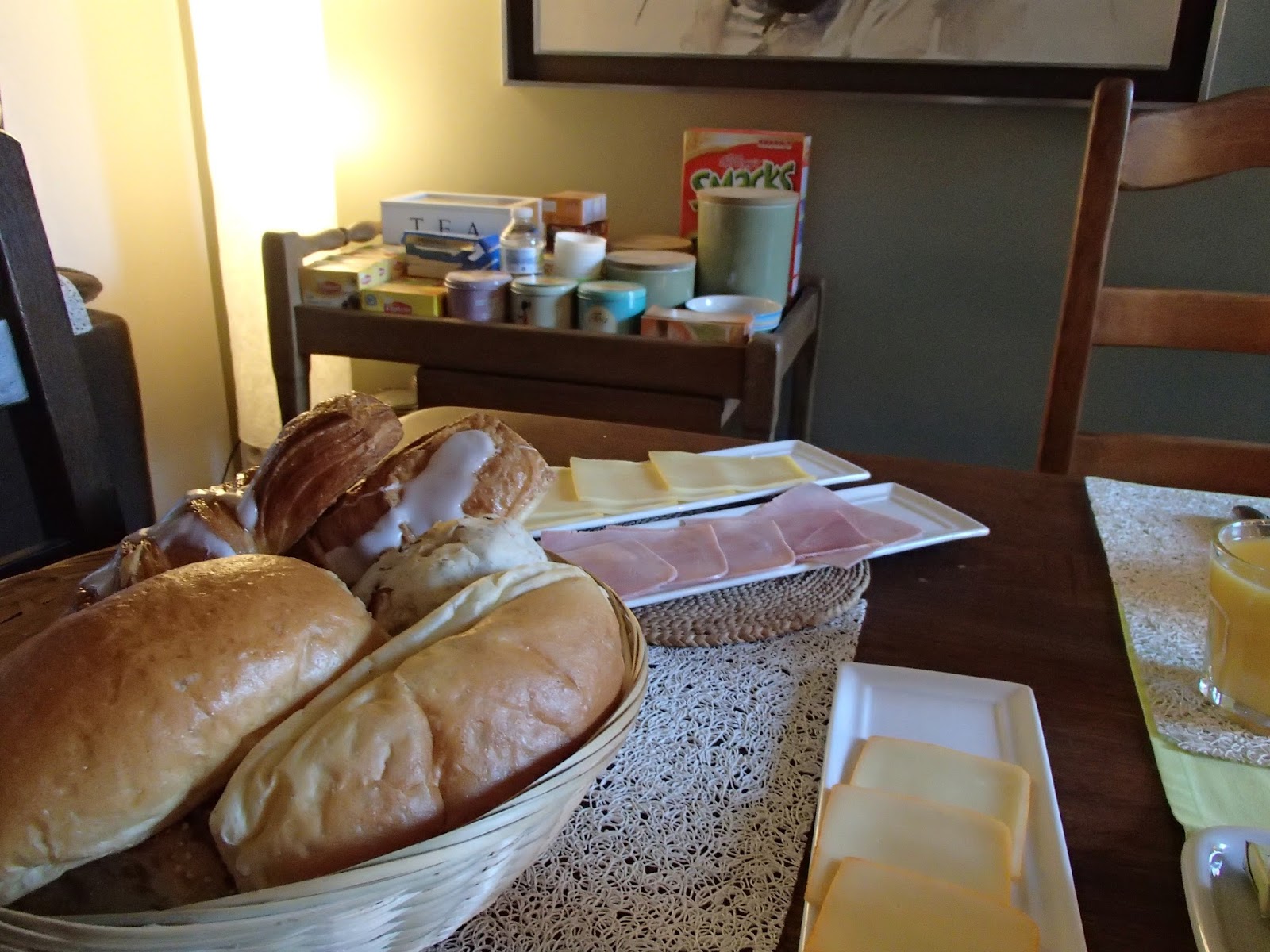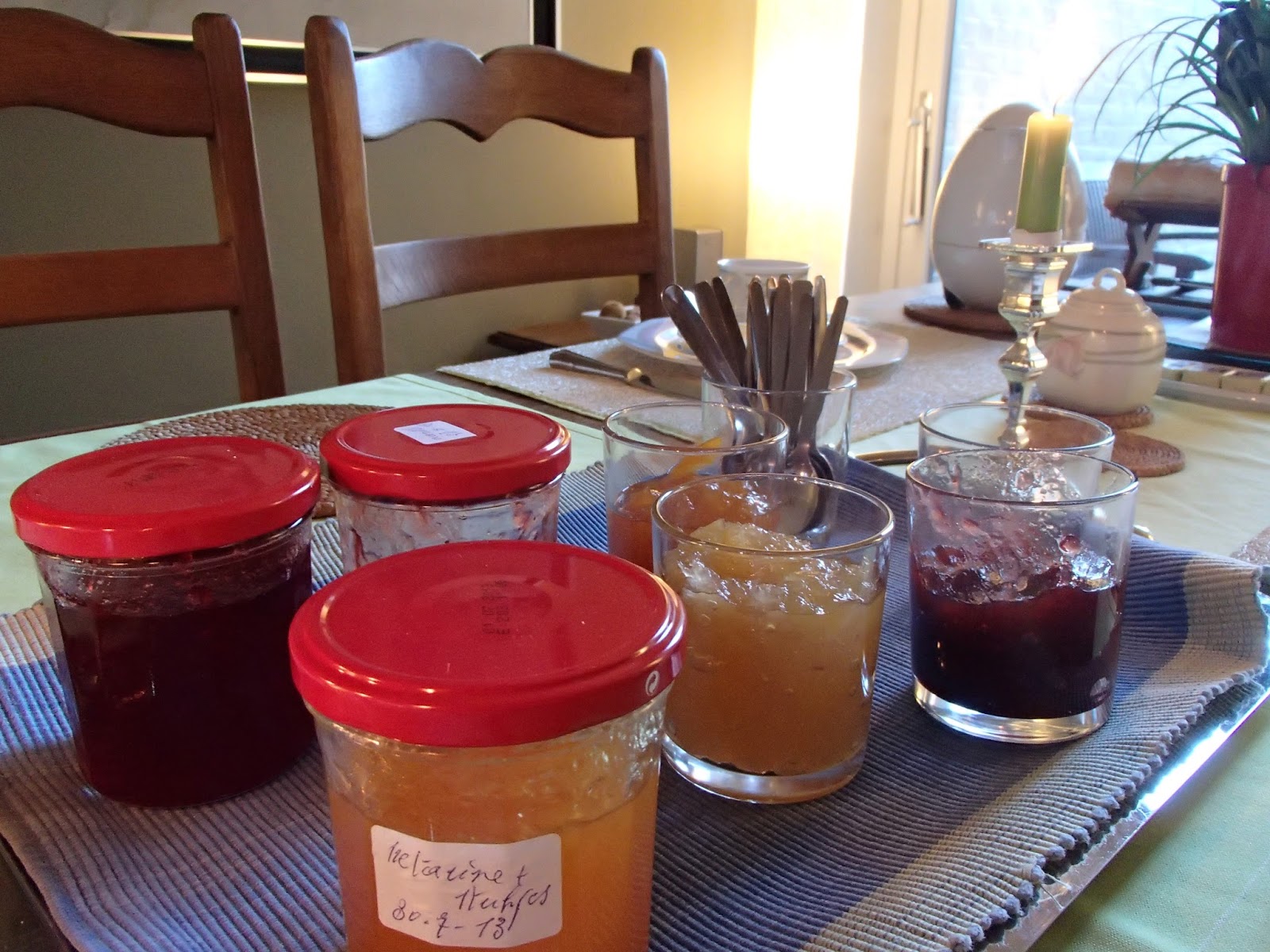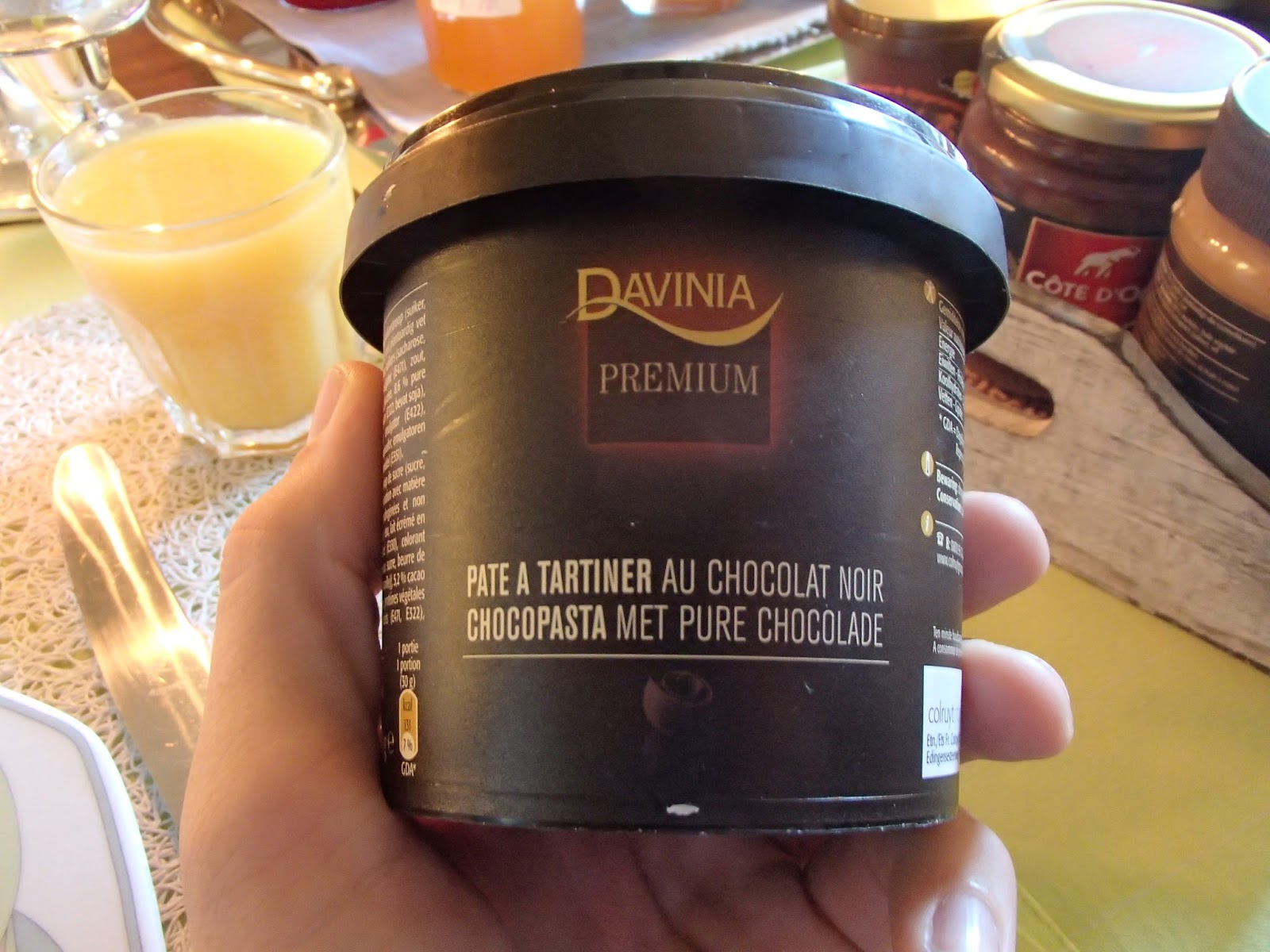Well, we had a good run. It feels weird to say, but it’s finally election season again, and we’re in for a wild ride.
As Democrats (and Republican primary challengers?) clamber to win our hearts and minds, it really is hard to say which issues will dominate the election. This administration has undermined American national security and divested from education. It has thrown tenuous progress on healthcare into disarray. It has effected self-defeating economic programs. It’s environmental policies are, just, wow. (Even Nixon signed the Endangered Species Act for chrissake.)
This administration has taken a humanitarian crisis and created a human rights atrocity. It has assailed a free press, the Constitution, and civil liberties at every turn – it’s worth mentioning that this extends far beyond the old leftist tropes of “human rights” and stuff: Donald Trump is on the record saying “take the guns first, go through due process second,” which is incredible, really. Somehow he is still endorsed by the NRA.
And so if you caught the brimming Democratic debates last week, it should not have surprised you to hear a lot of ideas on how to fix this stuff. We heard a few different takes on healthcare. We heard about our rapidly warming climate. We heard about campaign finance, and identity politics, and a Universal Basic Income to combat wealth inequality. This is all really important, but there is something missing from the Democratic field: foreign policy chops.
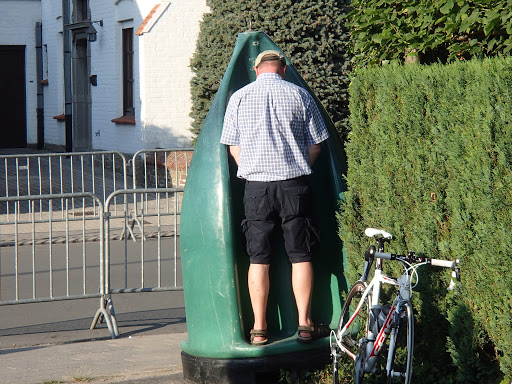
In fact, the conversation was so focused on stinting damage domestically that we never looked abroad. The only mention, really, came from Marianne Williamson (who I’m pretty sure is only up there to sell books), when she rightly suggested that any humanitarian crisis on the southern border is a direct result of American foreign policy in Latin America over the last century.
In two years we’ve burned allies, insulted neighbors, praised journalist-murdering dictators, and torpedoed decades of hard-fought diplomacy. Career diplomats have left the State Department out of moral conviction. Right now a handbag designer is leading our efforts in the Korean Peninsula.
The damage done by this administration to American credibility abroad cannot be fixed in a single presidential term, even with a diplomatic genius at the helm, and we don’t have a diplomatic genius in the field. Best case scenario, we are probably looking at another decade of foreign policy floundering as the next administration struggles to right a disastrous four years at home and abroad. Maybe then we can begin to rebuild trust around the world that the United States will at least pretend to support democratic values and strong partnerships.
What this means, really, is that we’ve had a good run on top. We have now burned through all of our international goodwill (from defeating the Nazis, remember) by electing a Nazi sympathizer and allowing him to run this place into the ground. This administration is the beginning of the end of the United States’ global status as a diplomatic leader.
And, I mean, that’s a bummer. But it’s also probably not the end of the world. The Roman Empire fell, and Italy is fine, right? Like many colonial powers before us, it’s just our turn to step down now. Like Portugal. And Holland. And Belgium.
Like, Belgium had a good run, you know? They had their part in the rape and pillage of Africa and then kind of bowed out. As far as I can tell, Belgians now pretty much watch sports and smoke cigarettes and drink a lot of beer. Local beer, even. That place has, like, a lot of different beers. It’s great. And the UN is still based in Brussels – it’s not like it’s all over for them, the same way that New York will probably still be a global financial hub for the foreseeable future. People just won’t ask us for our opinions as much, you know?
And it’s kind of cool, in an historic way, to watch the fall of a great civilization. Can you imagine being there when Nero burned Rome? Now you can! So screw it. I’m going to go have a cigarette and a beer, I hear there’s a football game on.
Like
